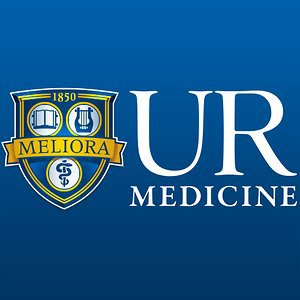Hey guys,
I just wanted to remind you guys that the school has in a place a policy for opting out of educational experiences that a student finds objectionable. I was less than thrilled about the way the human sexuality lectures and small groups were run and I just wanted to pass along an email discussion with Dr. Markakis as I am opting out of some future ACE sessions. So bottom line, it is your education, and it should be handled in a way you feel is appropriate. If you are uncomfortable with material, you have the right in our student handbook to learn it in a way that is consistent with your beliefs and faith.
Regarding the upcoming conferences I see your request to opt out, ie not attend, and that is noted (and accepted). As you may be aware, the School has a Policy in place, regarding ‘opting out for conscientious objection’ (I’ve cut and pasted a portion of it below; the full policy is in the Handbook). With regard to this conference and the content, as you note, you will be held responsible for the material, understanding the options, risks and benefits. Please note, there is some content about Emergency procedures, and you are responsible for knowing that material; as well, if you are unable to provide a patient’s request, you should know how/where to refer a patient for the services they seek.
I do recommend you meet with your Advisory Dean to discuss accommodations in Years 3 and 4. As below, students cannot opt out of participating in educational experiences that involve emergency health care.
Effective March 11, 2009, the SMD has a new policy that allows students to opt out of specific (non emergency) educational experiences due to conscientious objection. If a student’s conscientious objection and anticipated absence or non participation in educational experiences, substantially alters the depth and integrity of the educational requirements for
A student who complies with the required notification and approval process, can not be required by faculty, residents, the hospital or a member of its medical staff to participate in any (non emergency) health care or research activity related to the conscientious objections.
Please note, students with approved requests can not opt out of participating in educational experiences that involve emergency health care. Because students with must participate in the care of patients during emergency situations, they will not be exempted for being evaluated on the educational content and must demonstrate (via means other than the actual procedures of the area of objection) the expected level of competence. The URSMD is not responsible for providing tutoring and/or academic support to assist a student with meeting the academic standards.






